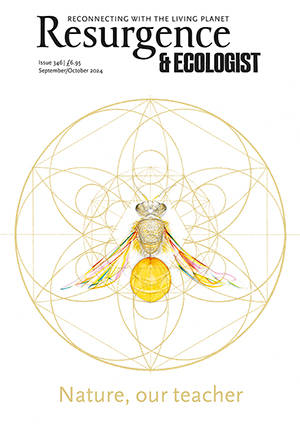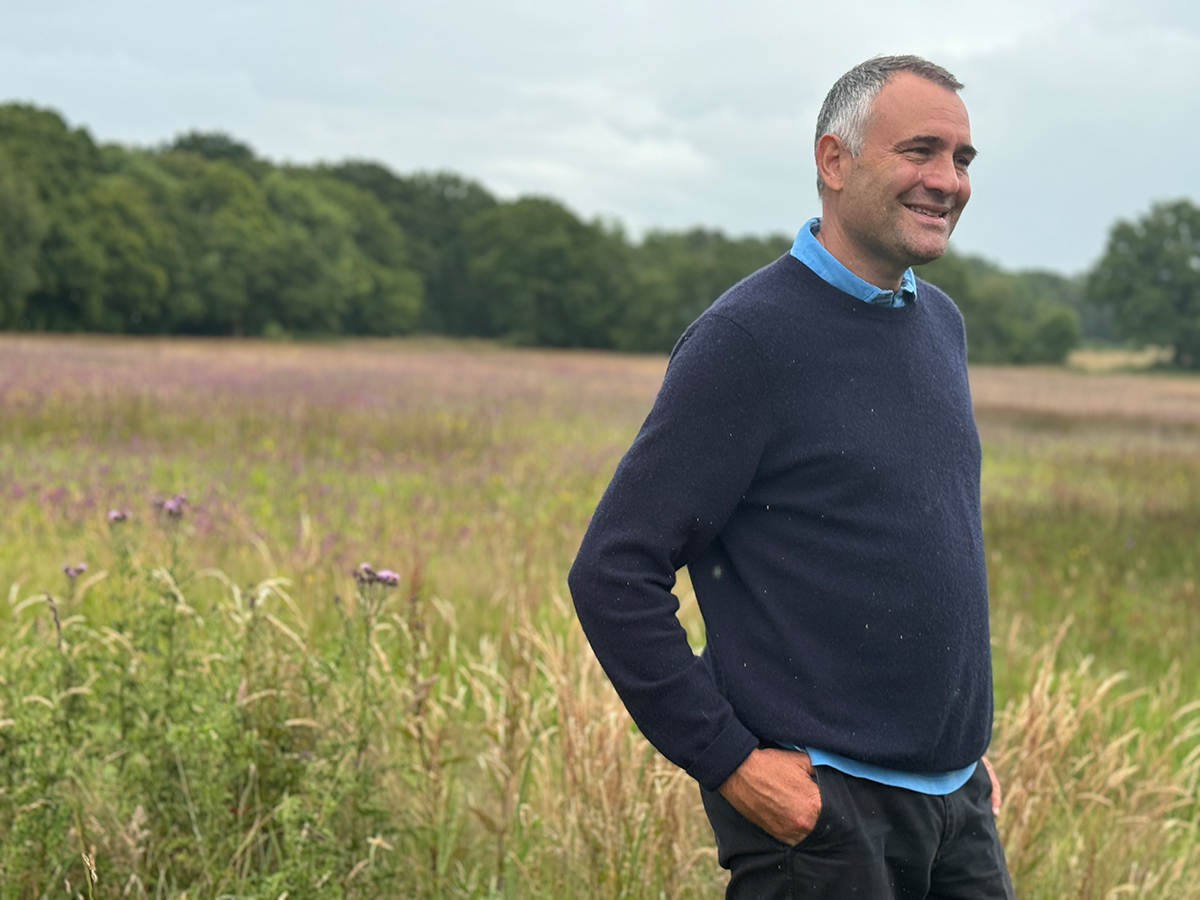It gives me huge pleasure to be invited to present Hope Springs for Resurgence. Optimism is what drives people, far more than despair or pessimism, which stifle hope and the will to act. So it wasn’t difficult to choose a name. Hope springs eternally from unknown depths and I carry the vision of hot springs randomly leaping from hidden reserves, so many of them that they fill a horizon, rising and sparkling in a warm sun, filling the world with hope eternal. But let me explain where I’m coming from.
In 1997, I returned to Rwanda. The first time I was there was in 1994, when I covered the outbreak of civil war for The Sunday Times. In a matter of days 800,000 people died in genocidal carnage. But this time I was accompanying Albina de Boisrouvray, who was visiting some of the tiny orphanages set up by her charity FXB. Du Boisrouvray founded FXB following the tragic death of her only child, François-Xavier Bagnoud, a search and rescue pilot killed at the age of 24 in a helicopter crash in Mali. Desolate with grief, she dedicated her life to championing the cause of the millions of women and children left vulnerable in the wake of AIDS.
This is only one example of how the pain of grief and trauma has manifested in a transformation benefiting humanity, but the more I searched the more I realised how this deep disruption in life is a common driving force behind many acts of altruistic love. Ben Goldsmith’s loss of his daughter drove him to write the inspiring book God is an Octopus, to rewild his own property, and unceasingly to search for ways in which to have a positive impact on the conservation of the natural world. The Iris Prize, sponsoring and giving a voice to young activists, and Conservation Collective, raising awareness of small and enterprising conservation activities, were born out of this grief.
Executive Secretary of the UNFCCC Christiana Figueres was suffering from suicidal urges provoked by the recent discovery of her husband’s betrayal of their marriage while she was orchestrating the 2015 Paris Agreement. In her grief she found the Vietnamese Zen Buddhist monk Thich Nhat Hahn, whom she later credited with teaching her the words needed to negotiate with and bring to the table in agreement 196 diverse countries.
There are many people who are doing or who have done great things in the name of private trauma. Through this podcast I have had the privilege to meet them and explore with them how a pain that we all meet in our lives can drive us on to do and achieve extraordinary things for humanity.
This demonstration of love for strangers is an example of the radical love espoused by Satish Kumar in his book of that name and in many of his transformative retreats. It left me with a question: if one person can do so much good for humanity after suffering deep personal pain, how much more good can we do collaboratively?
With humanity in deep trauma as the natural world is devastated by biodiversity loss and climate breakdown, what can we achieve by coming together to rise out of this pain? This is a question that I continue to explore through the podcast and in my life, and that I believe is at the very heart of Resurgence. The answers, as you will hear, are uplifting and inspiring.
Hope Springs will be available wherever you find your podcasts. More details.







